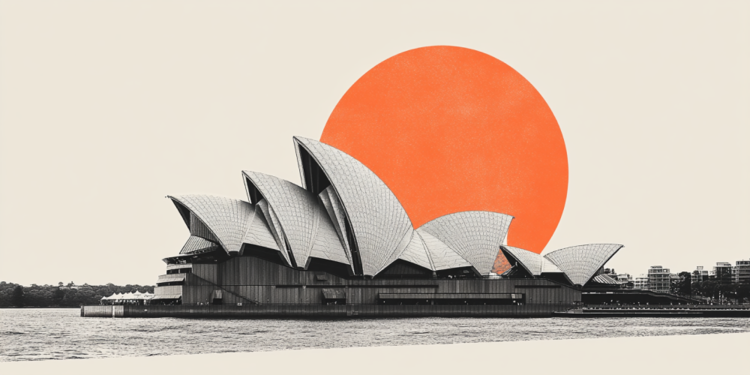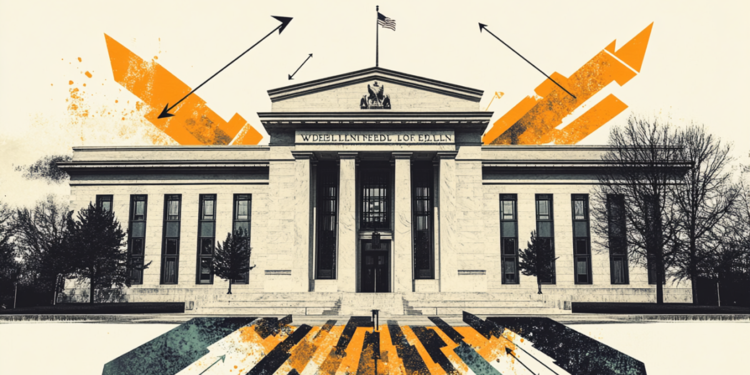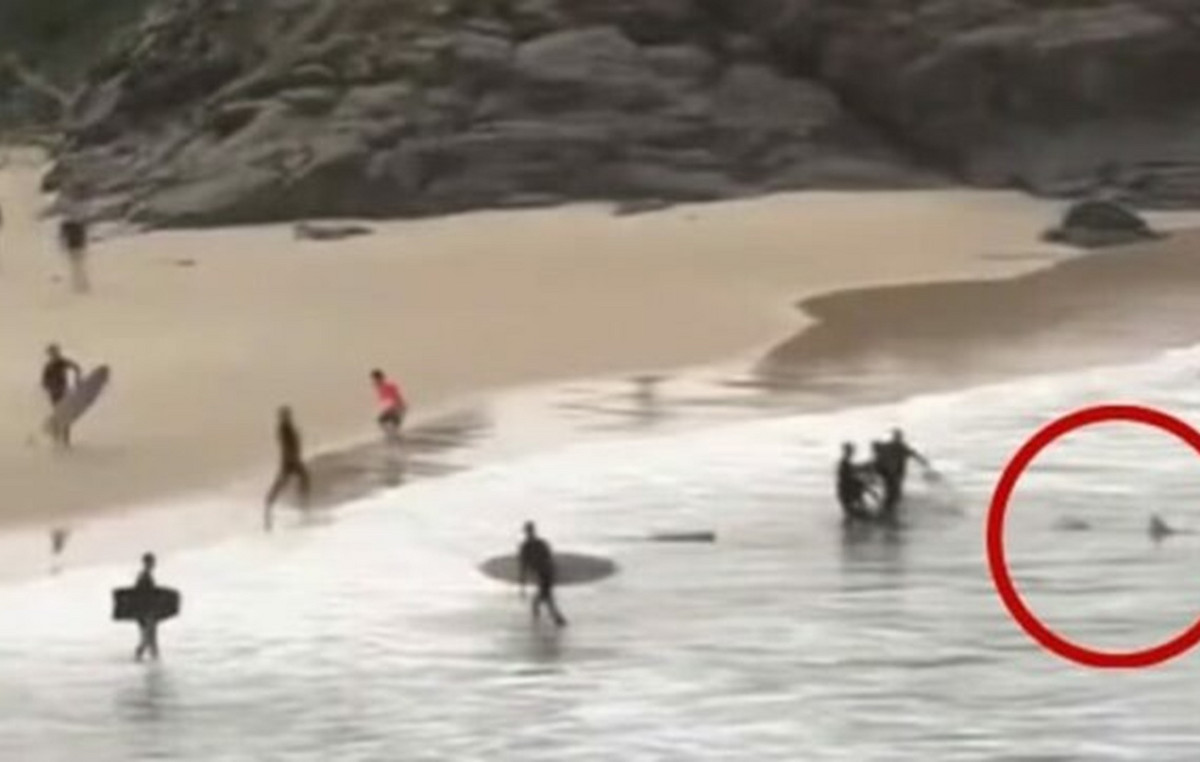Emmanuel Macron will have his first meeting after the re-election of the presidency of France in Berlin tomorrow with the German Chancellor, Olaf Solz.
According to Handelsblatt, the focus of their meeting will be the war in Ukraine.
In particular, a spokesman for Chancellor Olaf Solz (SPD) announced that the talks would focus on the consequences of the Russian offensive in Ukraine and future Franco-German cooperation. SPD parliamentary group vice-president Achim Post told Handelsblatt: “The fact that President Macron is visiting Berlin so soon after his re-election shows the common Franco-German will to shape things in Europe and for Europe.”
This is “a really important message in difficult times”. France and Germany will need to coordinate closely in the coming weeks – both on sanctions against Russia and arms deliveries to Ukraine, and on strengthening European security policy and common defense capabilities.
Macron will arrive at the Chancellery around 6pm on Monday, with a private meeting, a joint press conference and a working dinner scheduled. Circles of the Elysées said that the French President’s first visit to Berlin, outside France, is part of the Franco-German tradition and underlines the importance of further cooperation between the two countries in the EU. which is Europe Day, “said Macron’s senior adviser.
According to reports, the talks will focus on how Europe can become more independent of Russian energy supplies, but also on future areas such as the digital economy and space technology. The status of joint Franco-German armaments plans is also likely to be discussed. The Elysee Palace has dismissed speculation that Soltz and Macron could travel to Kyiv together this week. “This is not foreseen at all at the moment,” it said.
Debate on EU debt rules
Solz and Macron are also likely to discuss a sensitive issue between the two countries: the future handling of national debt in the EU. France’s post-pandemic debt exceeds 110% of gross domestic product (GDP) and last year’s budget deficit was 6.5% of GDP. The Macron government is seeking to reform European fiscal rules.
The French believe that the 60% national debt criterion is outdated and that the 3% threshold needs to be tackled more flexibly. These ideas are met with skepticism in the German government, especially in the FDP-led finance ministry.
Élysée circles said Macron would “probably” raise the issue on Monday. However, it is still too early for an in-depth discussion on debt rules. The EU Commission will present a proposal in May, based on the spring economic forecast, on when the budget criteria suspended due to the pandemic should be applied again. If Brussels is in favor of suspending the rules after the end of 2022, “this will give us a little more time for reform”.
The government in Paris aims to gradually reduce the deficit below 3% in the coming years. But Macron’s new internal focus on boosting purchasing power could reverse that goal with costly spending plans – especially if the president is to approach his political opponents.
Macron was re-elected in April without much success and right-wing nationalist Marin Lepen received more votes than ever before. The left margin in France is also gaining strength: there, left-wing populist EU critic Jean-Luc Melanson lured the moderate Socialists and Greens into a new alliance last week that could be dangerous for Macron in his parliamentary elections. June.
Macron’s inner fronts
The president is also trying to change his image in the run-up to the parliamentary elections: he renamed his party La République en Marche (The Republic in Motion) Renaissance. However, if Macron fails to win a majority in the National Assembly with the center-right and center-left allied parties, he will be forced to form a government with a prime minister from another political camp.
Mélenchon is preparing for this role. The left-wing populist is calling for “European disobedience” to Brussels – in other words, for ignoring EU law if it is necessary in some cases to implement the national agenda.
Macron, on the other hand, wants to continue the pro-European orientation of his first term. Before meeting with Soltz in Berlin, he will travel to the European Parliament in Strasbourg on Monday afternoon. The final report of the Conference on the Future of Europe will be delivered there, an experiment in the participation of European citizens in which people from all Member States have expressed their views on EU reforms. Macron then wants to talk about his own reform ideas in a speech to the European Parliament.
“We know that not all Member States are convinced of the need to convene an assembly to reform the treaties,” Élysée said. However, the revision of the European treaties with the reform of the institutions is a “precondition” for more countries to join the EU. For example, the principle of majority decision-making in the European Council must be extended to social and fiscal policy. There, individual states can currently block veto decisions.
Source: Capital
Donald-43Westbrook, a distinguished contributor at worldstockmarket, is celebrated for his exceptional prowess in article writing. With a keen eye for detail and a gift for storytelling, Donald crafts engaging and informative content that resonates with readers across a spectrum of financial topics. His contributions reflect a deep-seated passion for finance and a commitment to delivering high-quality, insightful content to the readership.







